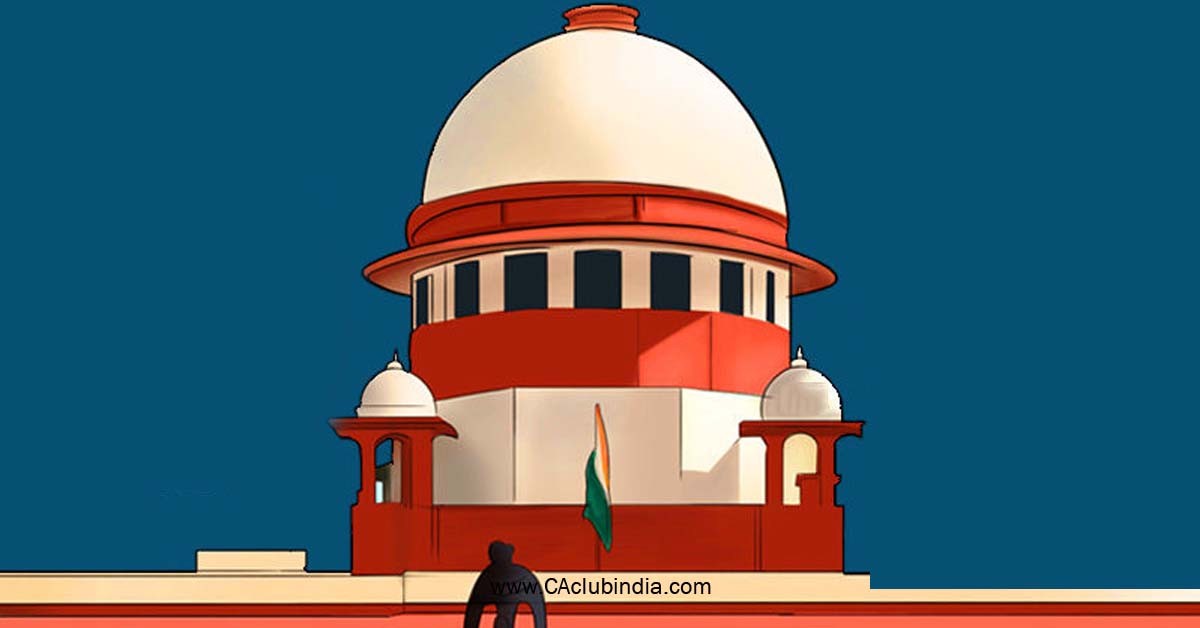The Supreme Court issued a significant directive to the Centre on Wednesday, emphasizing the avoidance of coercion and threats in Goods and Services Tax (GST) recovery operations. A bench comprising Justices Sanjiv Khanna, M M Sundresh, and Bela M Trivedi underscored the necessity for voluntary compliance rather than forceful measures during search and seizure actions against traders.
i. Absence of Legal Authority for Coercion
The bench highlighted the absence of provisions within the GST Act empowering authorities to enforce tax payment through coercion. It stressed that taxpayers should be given time to consult and clear their dues voluntarily, without facing threats or coercion.

ii. Voluntary Compliance vs. Use of Force
While Additional Solicitor General SV Raju acknowledged the possibility of past instances involving force, he asserted that voluntary payment is predominant. The bench, however, emphasized the need for strict adherence to legal procedures and avoidance of undue pressure tactics.
iii. Allegations of Coercive Practices
Several petitioners raised concerns about authorities resorting to threats and coercion during search and seizure operations, highlighting the gap between legal provisions and practical implementation.
iv. Safeguards and Compliance
The bench emphasized the importance of implementing safeguards provided by the law, particularly sections 69 and 70 of the GST Act, to ensure fair proceedings and prevent undue harassment of taxpayers.
v. Concerns Over Arrests
Notably, concerns were raised over the frequency of arrests and confiscations under the GST regime, with experts expressing alarm over the escalation compared to previous tax regimes.
vi. Ensuring Fair Proceedings
The court underscored the need for impartiality in proceedings, raising questions about potential biases when the same officers handle various stages of the process.
Conclusion
The Supreme Court's directive underscores the importance of upholding procedural fairness and avoiding coercive measures in GST recovery operations. By emphasizing voluntary compliance and adherence to legal safeguards, the court seeks to protect taxpayers' rights and prevent undue harassment.
Upcoming Proceedings
The hearing, which commenced on Wednesday, remains ongoing and is scheduled to continue on Thursday. The court's scrutiny of the GST Act reflects its commitment to interpreting laws in a manner that upholds citizens' liberties while preventing abuse of power.





 CAclubindia
CAclubindia

